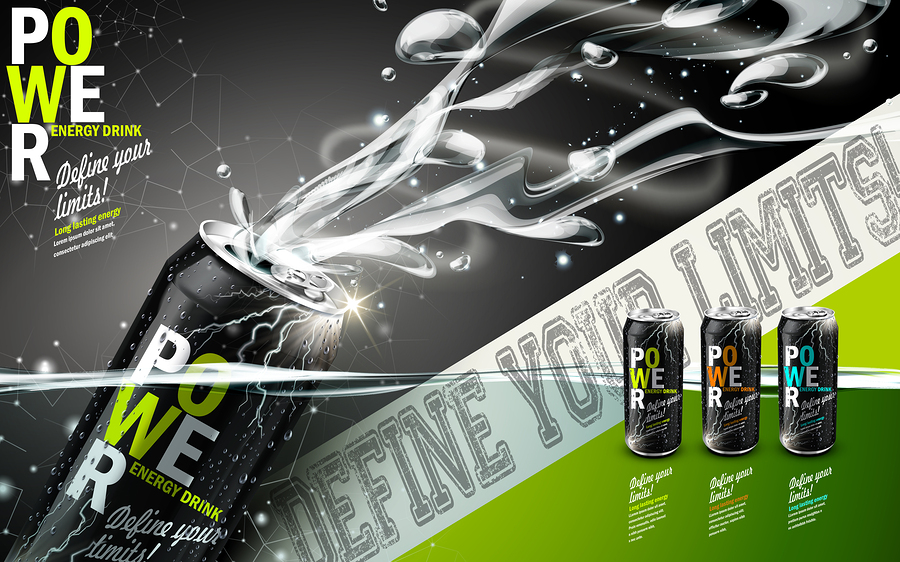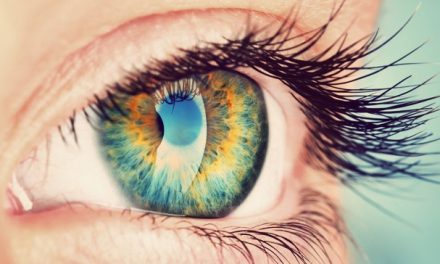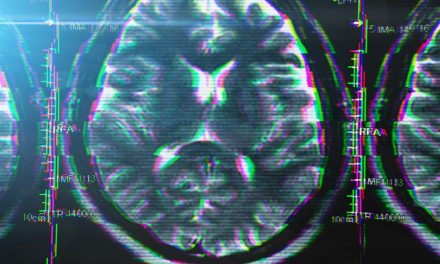Before he became sick, he had been in good health: he didn’t smoke, drink alcohol, do illicit drugs, or take prescription medications. While he did get a tattoo in his 20s, he had never had a blood transfusion, engaged in high-risk sexual behavior, or had a family history of liver disease, according to the report.
The only behavior that stood out to the researchers was that he drank four or five energy drinks a day in the three weeks before he was hospitalized. (The exact brand wasn’t noted in the report.)
“Laboratory testing revealed that the patient had an underlying chronic hepatitis C, or HCV, infection, but the researchers found that the virus was not the cause of his acute hepatitis. The patient’s blood contained HCV antibodies, which aren’t present in blood until about 10 weeks after exposure, according to the report. Since the patient showed symptoms for only two weeks, the antibodies in his blood were evidence of chronic HCV, rather than acute HCV.”
The CDC says that in most cases, hepatitis spreads through blood or body fluids, from a pregnant woman to her fetus, by having unprotected sex, using contaminated needles or coming into contact with infected blood. It is not spread through food, water or casual contact. And, while some HCV patients do not show symptoms, still others experience fatigue, jaundice, and pain where the liver is (upper left quadrant of the abdomen).
When a biopsy showed the patient’s liver damage was caused by drugs or toxins, rather than a virus, doctors looked at his blood and found that his levels of serum folate and vitamin B12 “exceeded quantifiable limits.”
From the article:
“Both serum folate, or folic acid, and B12 are common ingredients in energy drinks. Consumed excessively, these vitamins can accumulate in the liver and become toxic, the report said.
The patient’s liver injury ‘was directly subsequent to excessive consumption of energy drinks, and resolved on discontinuation of the products,’ the report concluded. The patient’s symptoms resolved by the third day of hospitalization, the report notes, and he was discharged on day six.”
Check for daily recommended doses
While I would never drink an energy drink personally, I know many people do. Though they are mostly viewed as problematic for their high caffeine volume, people should also be careful because of the large quantities of B vitamins and niacin present. In the man’s case, his drink had 200% of the recommended daily value of niacin and he consumed four or five bottles a day for more than 21 days straight, and that raises the risk of toxicity.
In this case, the report singles out the vitamin B3, or niacin, for causing liver damage.
Niacin is known to cause transaminitis, an indicator of liver damage, in up to 20% of people who have 500 milligrams of niacin daily (even though this patient only consumed around 160 to 200 milligrams of niacin daily).
In another instance, in 2011, a 22-year-old woman developed acute hepatitis from drinking 10 cans of energy drinks, totaling about 300 milligrams of niacin, daily for two weeks. Once again, the hospital, Staten Island University Hospital, concluded that she had developed HCV due to the “excessive ingestion of an energy drink, and we speculate that niacin was the culprit ingredient.”
So, while there is not concrete and hard evidence suggesting that drinking too many energy drinks to hepatitis, it ceretainly should give people pause and remind them to read the labels on the side.












